Canadians for homeopathy Committee
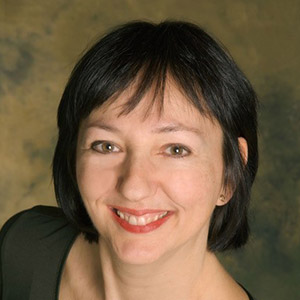
Nicole Duelli
Nicole Duelli, Hp CCH, RSHom(NA) is a certified classical homeopath, originally trained in naturopathic medicine and homeopathy in Europe, where she first learned of homeopathy as integrative medicine. In her Vancouver practice for over 25 years, she specializes in the health of women and children. Nicole teaches at the Canadian School of Natural Nutrition and presents webinars for Canadians for Homeopathy, keen to share her passion about natural health and homeopathy as writer, instructor and blogger. She has written dozens of articles for health magazines such as Alive, Contentment, Health Action, Vista, and for Alive’s award winning Encyclopedia of Natural Healing.
Find her at www.vancouverhomeopath.com.
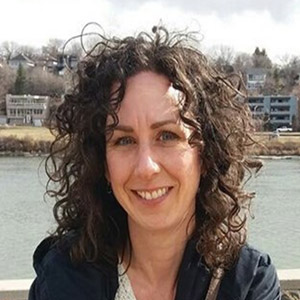
Erin Ellis
Erin discovered homeopathy when she was at a stuck point in her life and, when everything else had failed, it helped her get un-stuck. She is passionate about bringing that same freedom and healing to as many people as possible. Erin trained at England’s School of Homeopathy and is a Certified Classical Homeopath (CCH) as well as a certified Bach Flower Therapy practitioner. She sits on the executive of the Manitoba Homeopathic Association and is thrilled to also be part of the Canadians for Homeopathy board and its mission to help bring awareness of homeopathy to more Canadians.
You can find her at: www.similiahomeopathy.ca.
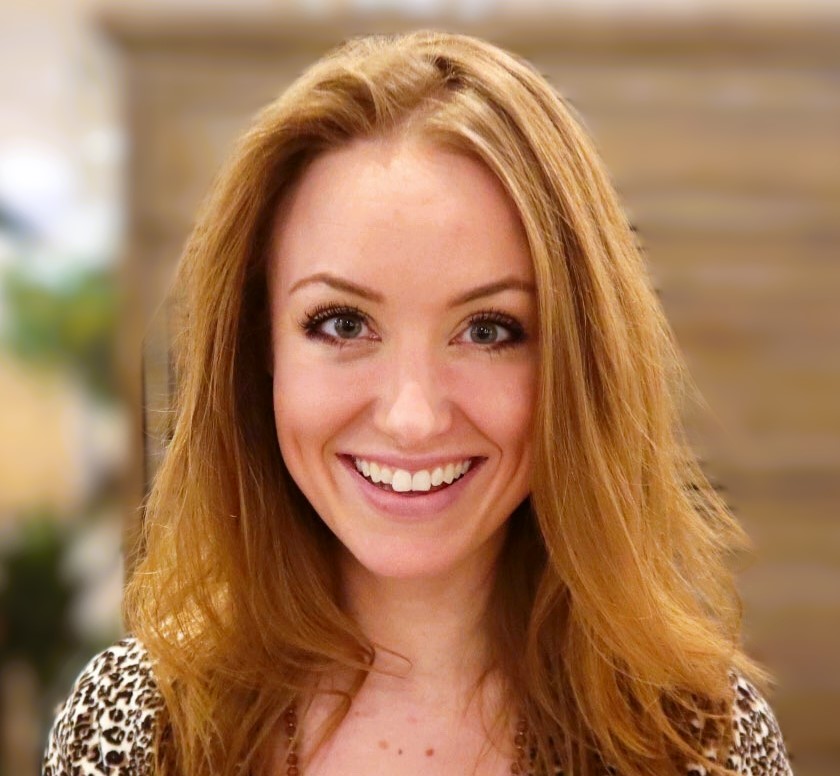
Katherine Huston
Katherine currently resides in Calgary, Alberta, Canada, where she operates her private clinic, The Wellness Exchange & Classical Homeopathy. A graduate with honours from the Canadian College of Homeopathic Medicine, she also holds degrees in paralegal studies, psychology, and English. Katherine serves as a Director at the Alberta Homeopathic Association and is the Vice President for Homeopaths Without Borders. She is also the Accreditation Coordinator for ACHENA (Accreditation Commission for Homeopathic Education in North America), volunteers with the Homeopathy Help Now Network (USA), and actively supports advocacy efforts through her volunteer work with Canadians for Homeopathy.
Dedicated to advancing and reshaping the conversation around homeopathy, Katherine has contributed extensively to the field. Her I.R.P. paper on headaches and their mental-emotional connections was featured at the Joint American Homeopathic Conference in 2024.
Coming from a large military family with a long tradition of holistic healing, Katherine brings a deeply rooted perspective to her work. Outside of her practice, she enjoys gardening, hiking, and traveling.
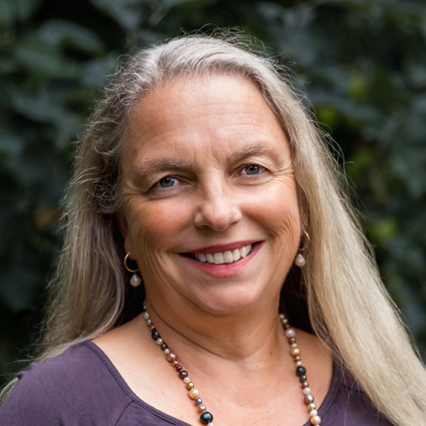
Elizabeth Chapman ND (Australia)
I love being part of the Canadians for Homeopathy committee and helping more Canadians experience the power of homeopathy. It has been a constant in my life since childhood. As a young traveller in India, I read Margery Blackie’s book The Patient, Not the Cure: The Challenge of Homeopathy, and this inspired me to become a full-time student. I attended the Southern School of Natural Therapies in Melbourne, Australia and later studied with a homeopathic doctor in India. While living in Nepal, I was part of the team that replicated Dr Jennifer Jacob’s clinical trial on the treatment of childhood diarrhea, Homeopathic treatment of acute childhood diarrhea: results from a clinical trial in Nepal https://pubmed.ncbi.nlm.nih.
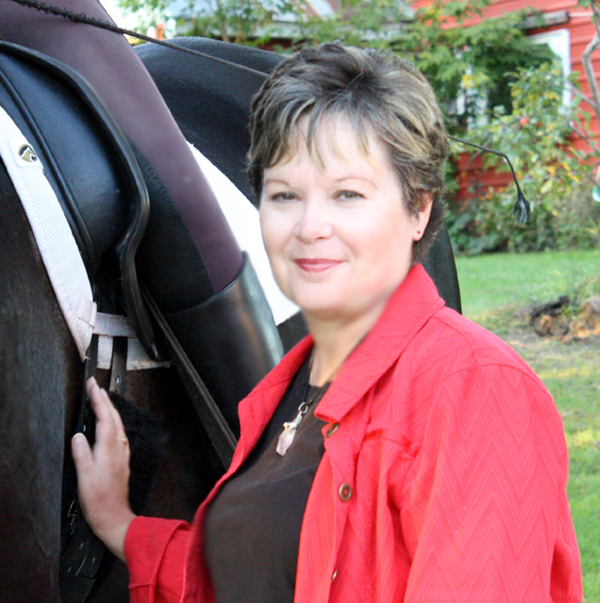
Shirley Guertin
Shirley’s journey into homeopathy is rooted in a personal experience with her ailing child, who found swift relief from a long-standing illness through homeopathic treatment. This prompted a profound shift in her life, transforming how she cared for both her family and a large herd of horses, sometimes reaching 60 in number. Despite her busy life managing a large horse operation, she found dedicated teachers in homeopathy to guide and teach her, and witnessed numerous homeopathic miracles through the years. Now retired from farm life, she merges her love for homeopathy and teaching, sharing its benefits to many.
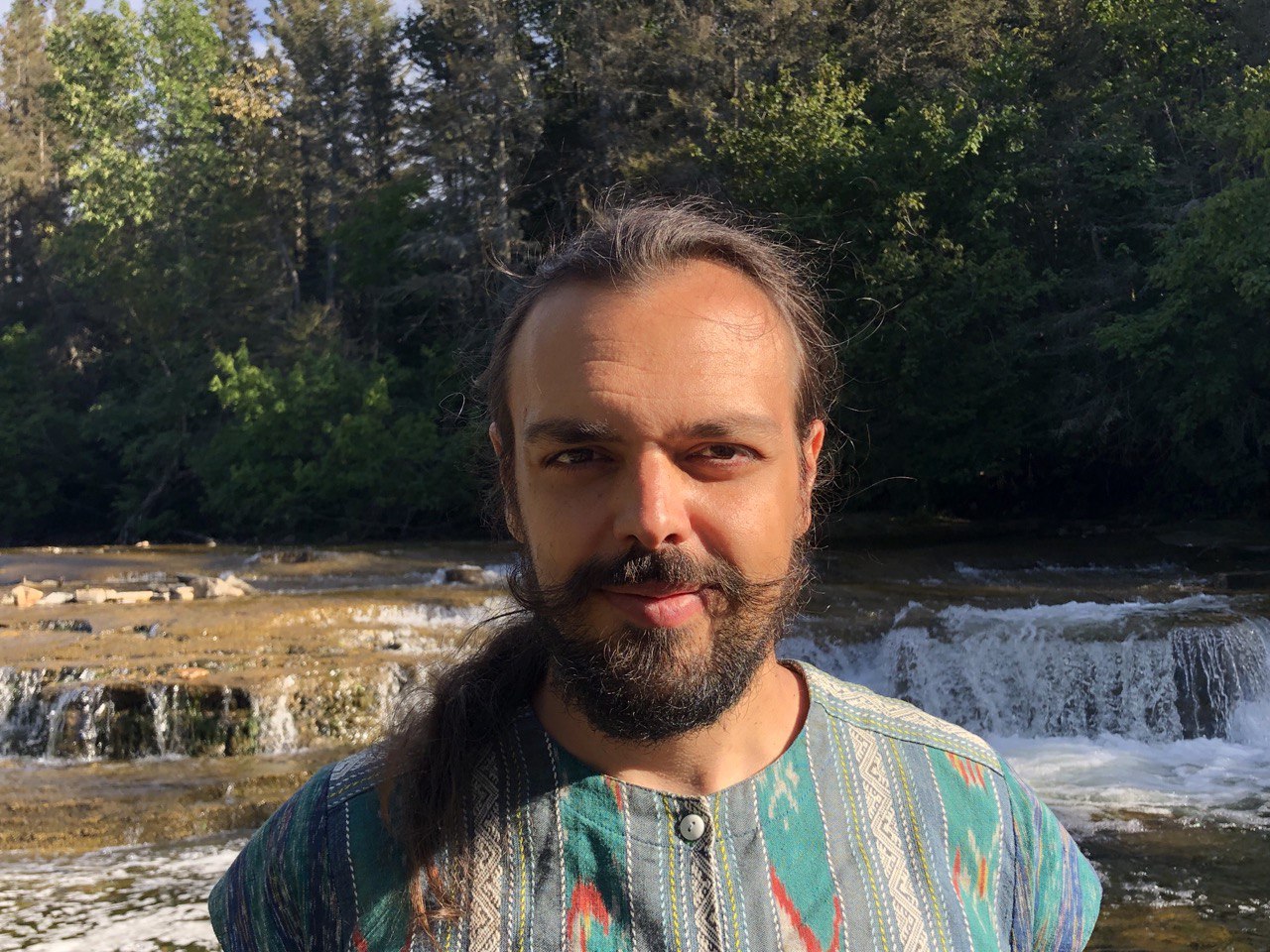
Victor Cirone
Victor Cirone, MA, HOM DCHM, is a registered homeopath and clinical herbalist living on Manitoulin Island. Victor practices homeopathy because of the immense transformative power that it contains – both on individual and collective levels of experience. Coming from a background in philosophy and psychoanalysis into the world of natural healing, Victor was immediately attracted to the beauty and sophistication that homeopathic medicine offers when it comes to understanding the true nature of health and disease and the dynamic wholeness of the human being. In his search for a complete system of healing, Victor found his answer when he encountered Hahnemann’s elaboration of the law of similars – a singular and unique revelation in the history of ideas which liberates medical thought and science from the confines of reductionism and materialism. Victor’s clinical work draws on classical as well as contemporary homeopathic methodologies, along with insights gleaned from psychoanalysis, archetypal psychology and Jungian dream work, and anthroposophy.
You can find out more about Victor here: www.victorcirone.com
Homeopathy Facts
million+ users worldwide
thousands of healthcare professionals
million canadians use homeopathy
%
satisfaction rate
homeopathy is
The fastest growing system of health care in the world today.
Used by hundreds of millions of people worldwide.
Included in publicly funded health-care systems in Europe, Central and South America and India.
Effective for acute illnesses like colds, ear infections, sore throats and chronic diseases like asthma, arthritis, depression.
Safely used by people of all ages, including infants and pregnant women for more than 200 years.
Holistic: treats the whole person, assessing physical, mental and emotional symptoms.
Individualized: matches the treatment with the unique symptoms of the individual. Homeopathy treats the person, not just the diagnosis.
Practised by professional homeopaths, medical doctors, naturopathic doctors and many other health professionals.
Regulated as a health profession in many countries worldwide. Ontario is the first province in Canada to regulate homeopaths. Homeopathic medicines are regulated by Health Canada.
Evidence based: hundreds of scientific studies published in peer reviewed journals show that homeopathy is effective.
Complementary and safe: homeopathy may be used alongside conventional medicines safely and without adverse interactions, making homeopathy an especially valuable treatment choice.
Affordable: medicines are inexpensive to purchase and economical to use.
Accessible: available in most pharmacies and health food stores in Canada and online.
Cost effective: research conducted by the Swiss government found homeopathy to be more cost effective than conventional medicine.
Homeopathy is the people’s medicine: historically used by individuals and families at home to treat and manage everyday ailments.
About Homeopathy
It was developed by
Homeopathy is known for safely and effectively treating acute illnesses such as ear infections, diarrhea
Homeopathy has a long history of use in veterinary medicine for the treatment of both pets and livestock.
What makes homeopathy unique amongst holistic therapies is the principle of “like cures like”. A substance which can cause symptoms when taken in large
Homeopathic medicines are sourced from plant, animal and mineral substances which undergo a specialized manufacturing process called potentization. This involves serial dilution and succussion (shaking) which activates the therapeutic properties of a substance and renders it free of any toxic ingredients which could cause side effects. Homeopathy is exceptionally safe and without harmful effects, even for children and pregnant women. Homeopathic medicines are regulated by Health Canada and have drug identification numbers.
Regulations
Regulation of the Homeopathic Profession:
Homeopathy is regulated provincially and Ontario is the first province to regulate professional homeopaths. The College of Homeopaths of Ontario was established to allow self-regulation of the homeopathy profession within the framework of the Regulated Health Professions Act, 1991 (RHPA) and the Homeopathy Act, 2007.
Regulation of Homeopathic Medicines:
Health Canada regulates homeopathic products as a type of natural health product. Health Canada reviews homeopathic products to make sure that they are safe and that the health claims (what the product claims to do) are supported by textbooks and other references used in the practice of homeopathy (e.g., pharmacopoeia, Materia Medica). All homeopathic medicines have a DIN-HM (drug identification number-homeopathic medicine).